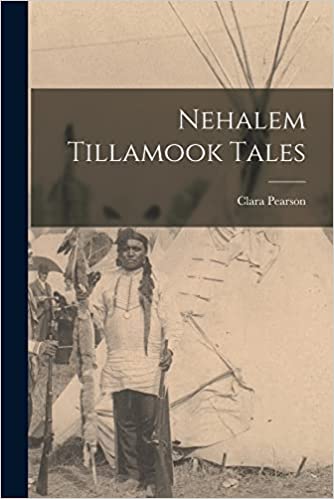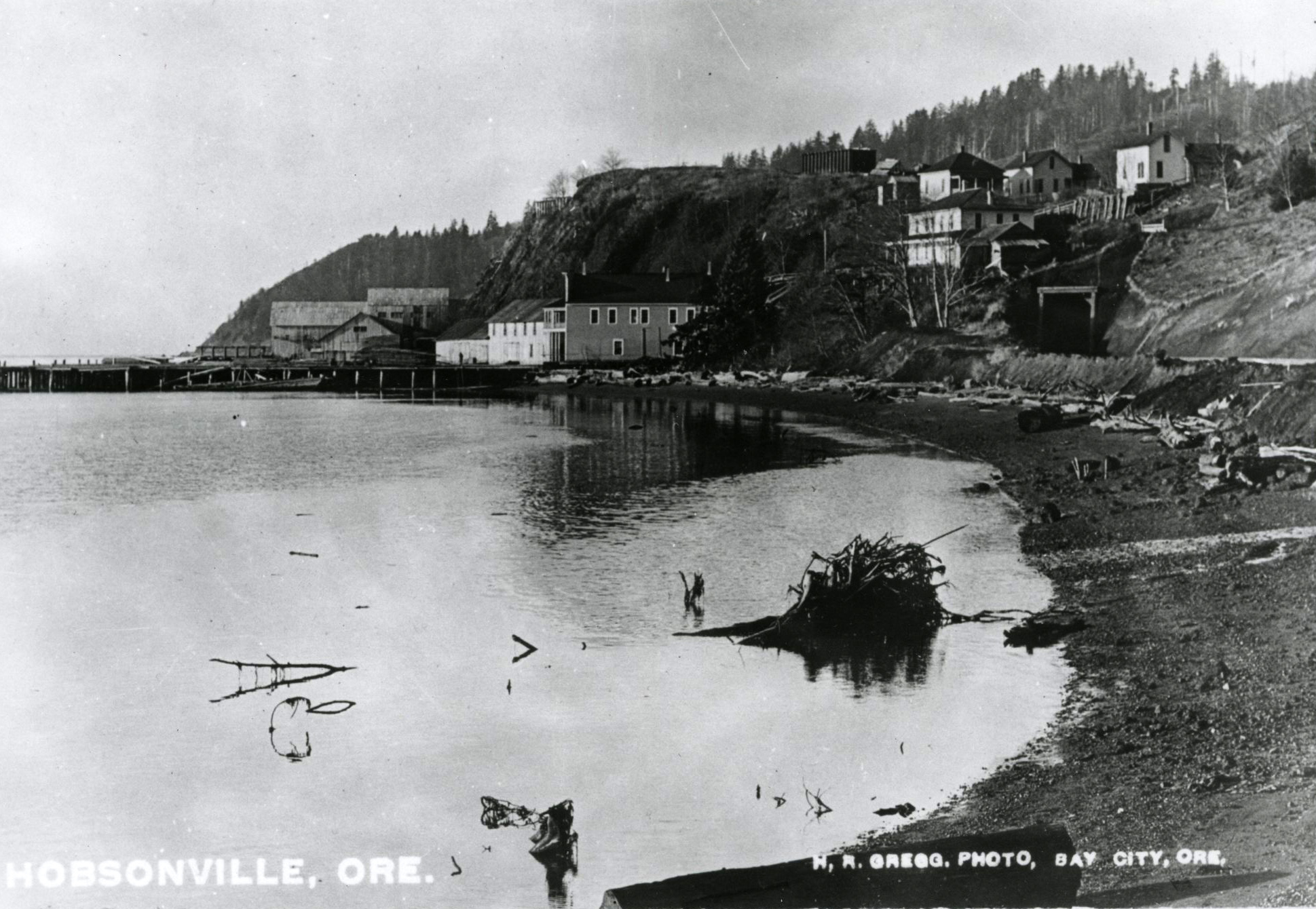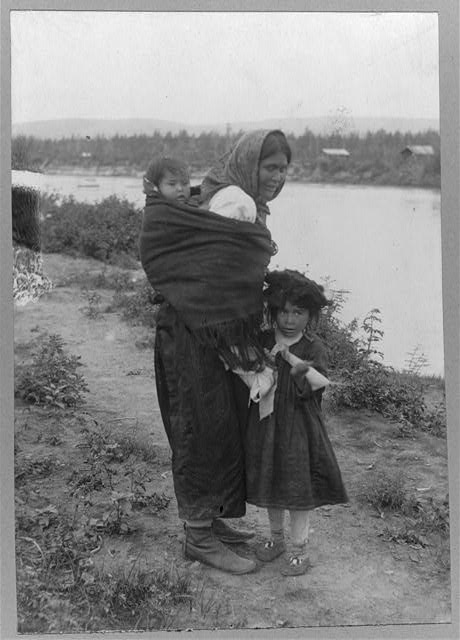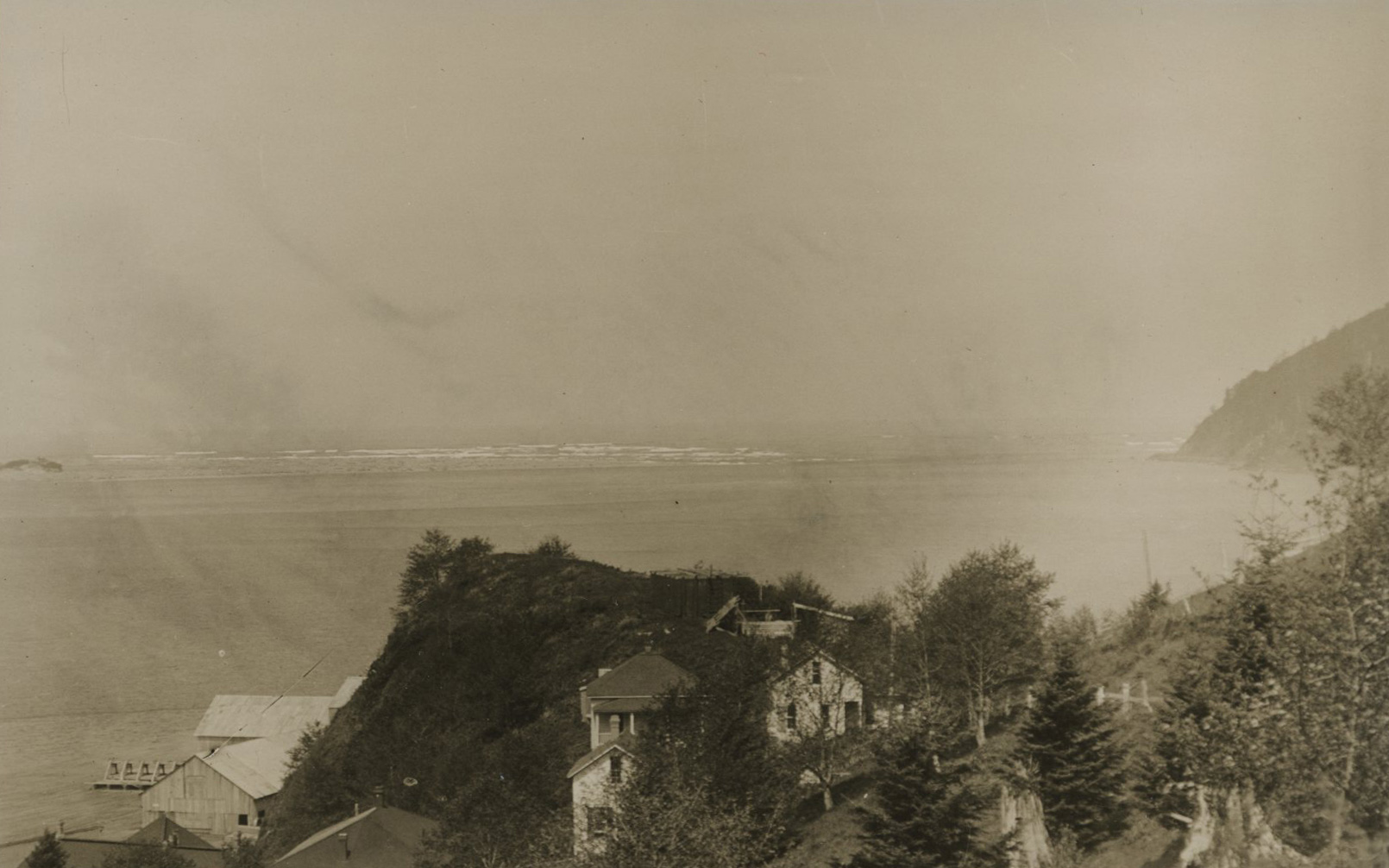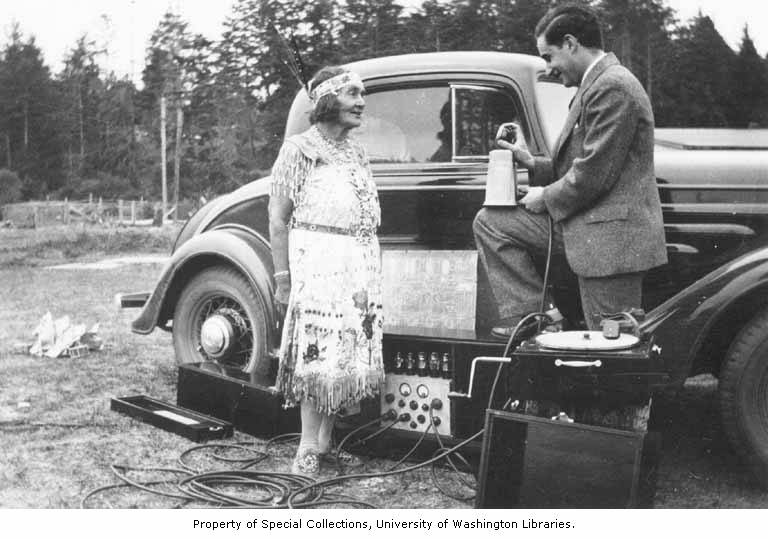Elizabeth D. Jacobs’s fieldwork with the Nehalem Tillamook and southwestern Oregon Athabaskans made significant contributions to the linguistic, ethnographic, and folkloristic documentation of the Native peoples of western Oregon.
She was born Elizabeth Louise Derr in Heron, Montana, in 1903 but grew to adulthood near Clark Fork, Idaho. She graduated with a bachelor’s in English from the University of Washington in 1930, and then completed two years of pre-med courses. Planning to become a psychiatrist, she attended the University of Minnesota Medical School in 1932-1933, but her funds ran out, forcing her to leave school. Jacobs returned to Seattle and to her University of Washington anthropologist-husband Melville Jacobs, whom she had married on January 3, 1931. During the summer of 1933, she accompanied Melville on his yearly field research trip among the Indians of western Oregon. That experience changed her life.
Melville introduced Elizabeth to her extraordinary Nehalem Tillamook consultant, Clara Pearson, and Elizabeth spent about a month in 1933 recording ethnographic notes. Melville taught her phonetic transcription for writing the Native words, and in the evenings they went over her field notes, with Melville suggesting possible questions for the next day’s session.
Elizabeth Jacobs’s success with Pearson was due to several factors. She learned early on to let Pearson take the lead in directing the interviews, letting her talk about what she knew best about Nehalem culture and what interested her. In addition, Jacobs wrote down everything that Pearson told her—from gossip to dreams to details of shamanism—without censure. Finally, Jacobs’s warm, accepting, nonjudgmental personality and knowledge of Northwest rural folkways must have put Pearson at ease.
Elizabeth Jacobs returned to Clara Pearson for two weeks in 1934 and recorded her repertoire of Nehalem myths and folktales. The collection of stories, Nehalem Tillamook Tales, was published in 1959, the ethnography in 2003. The Nehalem Tillamook: An Ethnography is the first book-length ethnography of any western Oregon Native group.
In 1934, Jacobs’s research shifted from Tillamook to southwestern Oregon Athabaskan languages and cultures, including Tututni, Galice Creek, Upper Umpqua, and Chetco Athabaskan. In 1935, she worked with Upper Coquille culture bearer Coquelle Thompson, recording in English over 800 notebook pages of linguistic, ethnographic, and folkloristic data. A first volume of Thompson’s stories was published in 2007. Pitch Woman and Other Stories represents the first book-length collection of southwestern Oregon Athabaskan stories.
With the rise of Fascism in Europe and the economic upheaval of the Depression, starting in 1936 Jacobs’s interests turned to politics. Both Melville and Elizabeth Jacobs were members of the Communist Party until the mid 1940s. Elizabeth attended the University of Washington’s School of Social Work, receiving her master's in psychiatric social work in 1949. Until her retirement in the early 1970s, she spent most of her professional career as a psychotherapist.
Elizabeth Jacobs maintained an active interest in her husband's work, and her editorial suggestions were often the only ones he solicited. She died in 1983.
-
![]()
Nehalem Tillamook Tales book cover.
Courtesy Hassell Street Press
-
![]()
Tillamook Bay and the town of Hobsonville, Oregon.
Courtesy Oregon HIst. Soc. Research Lib., 45842
Related Entries
-
![Athapaskan Indians]()
Athapaskan Indians
According to Tolowa oral histories, the Athapaskan people of southern O…
-
![Hobsonville Indian Community]()
Hobsonville Indian Community
The Hobsonville Indian Community was a Native settlement on Tillamook B…
-
![Melville Jacobs (1902-1971)]()
Melville Jacobs (1902-1971)
Melville Jacobs did more to document the languages, cultures, oral trad…
Related Historical Records
Map This on the Oregon History WayFinder
The Oregon History Wayfinder is an interactive map that identifies significant places, people, and events in Oregon history.
Further Reading
Jacobs, Elizabeth D. (William R. Seaburg, ed.). The Nehalem Tillamook: An Ethnography. Corvallis: Oregon State University Press, 2003.
Seaburg, William R., ed. Pitch Woman and Other Stories: The Oral Traditions of Coquelle Thompson, Upper Coquille Athabaskan Indian. Lincoln: University of Nebraska Press, 2007.
Youst, Lionel and William R. Seaburg. Coquelle Thompson, Athabaskan Witness: A Cultural Biography. Norman: University of Oklahoma Press, 2002.

